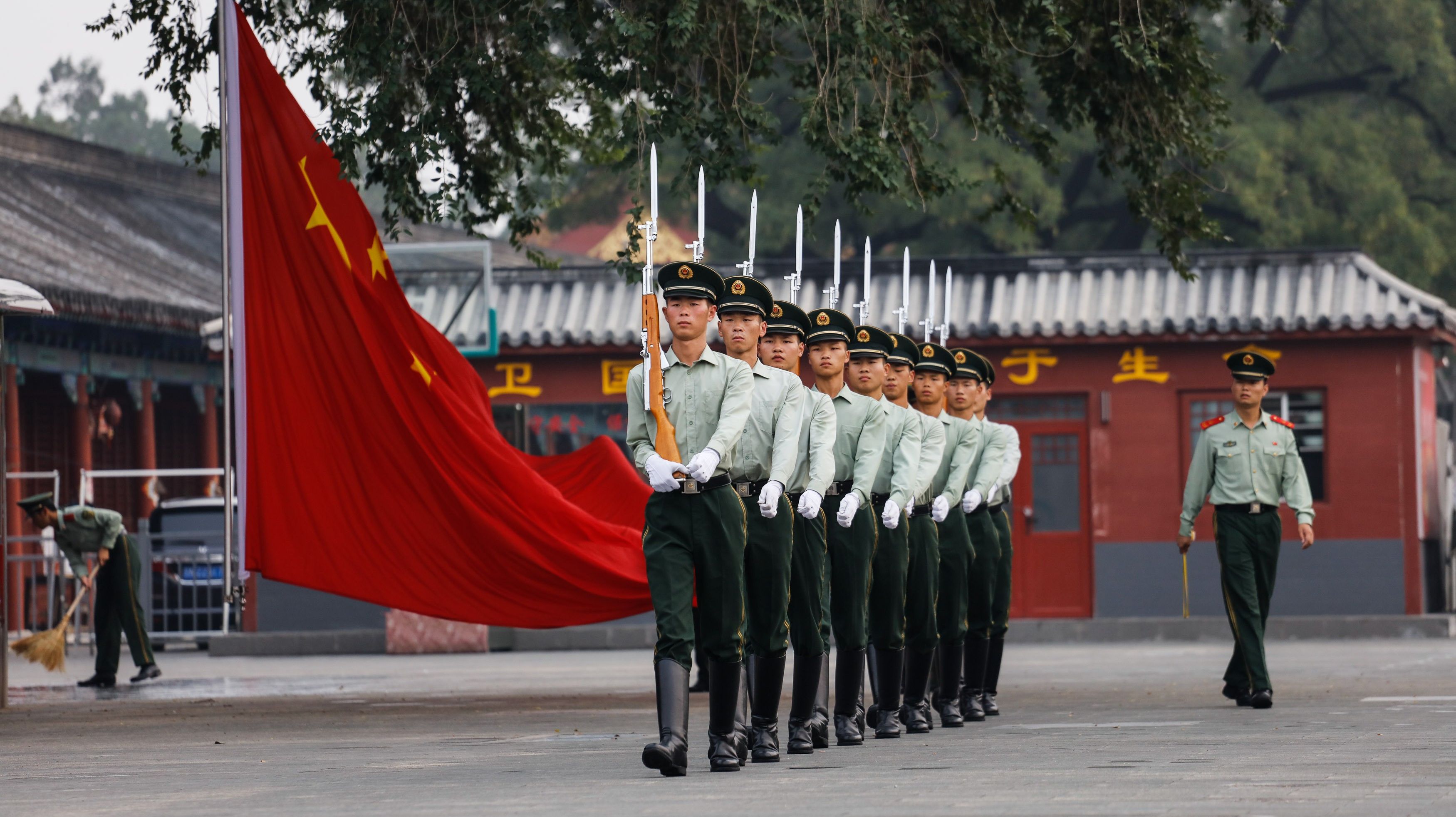In recent years China’s military has become not only stronger and more capable, but also in a variety of areas, including the South China Sea and the Taiwan Straits, more assertive. In this light, it is only prudent that the United States remain engaged in the region and, along with its allies, maintains robust military capabilities.
At the same time, decisions about where, when and how to respond to the challenge posed by China, and particularly its military capabilities, should rest on a clear and dispassionate understanding of that challenge built on thorough and rigorous analysis. Unfortunately, along too many critical dimensions, such analysis by the U.S. national security community is currently lacking.
These shortcomings include the unsettling degree to which assessments of the Chinese military challenge have devoted enormous attention to various Taiwan contingencies and, by comparison, remarkably little attention to the Chinese military’s capacity — or lack thereof — to directly conquer or coerce any of the major powers in the region, such as Japan, India, Australia, South Korea, and Indonesia.
Worse yet, current assessments have increasingly equated defending Taiwan, and other relatively small nearby economies, with preventing Chinese regional hegemony. In fact, and as I detailed in a recent brief for the Quincy Institute, surprisingly little analytical effort has gone into exploring, let alone convincingly making, this case. Conversely, there is substantial evidence suggesting the enormous difficulties the Chinese military would face in attempting to defeat or coerce other major powers in the region.
While the Indo-Pacific today is roughly comparable to Europe during the 20th century in terms of its relative economic importance, it is composed of a far vaster area. Much of the economic power of the region outside of China is separated from that country by seas and ocean often measured in distances of hundreds or even thousands of miles. Advances in technology, including precision-guided munitions, have greatly increased the difficulty — if not essentially eliminated the possibility entirely — of invasion and physical occupation as a plausible means for China to pursue military conquest in at least the distant essentially maritime areas of the region.
Moreover, most open-source analysis suggests that Taiwan — a relatively small (in terms of population, wealth, and size) island lying only roughly 100 miles off the coast of mainland China — would, at least with assistance from the U.S. military, likely be able to defeat an attempted seaborne invasion by China, or alternatively, withstand an attempt to coerce Taiwan through blockade or bombardment.
If so, it is difficult to credit the Chinese military with the capacity to successfully execute such strategies against, comparably assisted, much larger and wealthier countries in the Western Pacific located many hundreds or thousands of miles from China. It is also worth noting that a major war in Western Pacific would likely pose a serious danger to the Chinese economy — which is hugely dependent on seaborne trade — as well.
Of course, not all the major powers in the Indo-Pacific region that might, in theory, fall prey to Chinese military aggression are relatively distant maritime powers. Most obviously, India shares a long land border with China. However, India is largely separated from China by a broad and inhospitable mountain range, has a formidable military, including a substantial nuclear arsenal, and an economy that by 2050 may be as much as three-quarters as large as China’s.
Perhaps for these reasons, few U.S. assessments of the Chinese military challenge focus on the possibility of such a conflict. And, yet, if China’s ability to use its military power to coerce India is, indeed, severely limited, it becomes far more difficult to imagine a realistic scenario in which China is able to use its military power to establish regional hegemony.
In short, the Chinese military certainly represents a complex challenge for the United States and its friends and allies in the Indo-Pacific. But the notion that China is on a path to establishing itself as a regional hegemon through military conquest and intimidation, and that Taiwan is the lynchpin in preventing such dominance, rests on a weak analytical foundation.
This does not mean that the United States should turn a blind eye to Chinese aggression in the region. There may well be situations in which, for example, the defense of Taiwan or other minor countries in the region, or at least active assistance short of direct military support, represents a prudent choice. But the policy responses chosen should rest on a clear-eyed and dispassionate understanding of the strategic situation, and what is and is not at stake.
Unfortunately, at present the conventional wisdom falls well short of supporting U.S. policymakers with such an understanding.
- New Taiwan aid signals death knell of 'strategic ambiguity' ›
- Should Japan Defend Taiwan? ›
- Why sending more US military troops to Taiwan is so risky ›
- War with China over Taiwan? Don't expect US allies to join ›
- China's big military parade wasn't a coronation | Responsible Statecraft ›
















